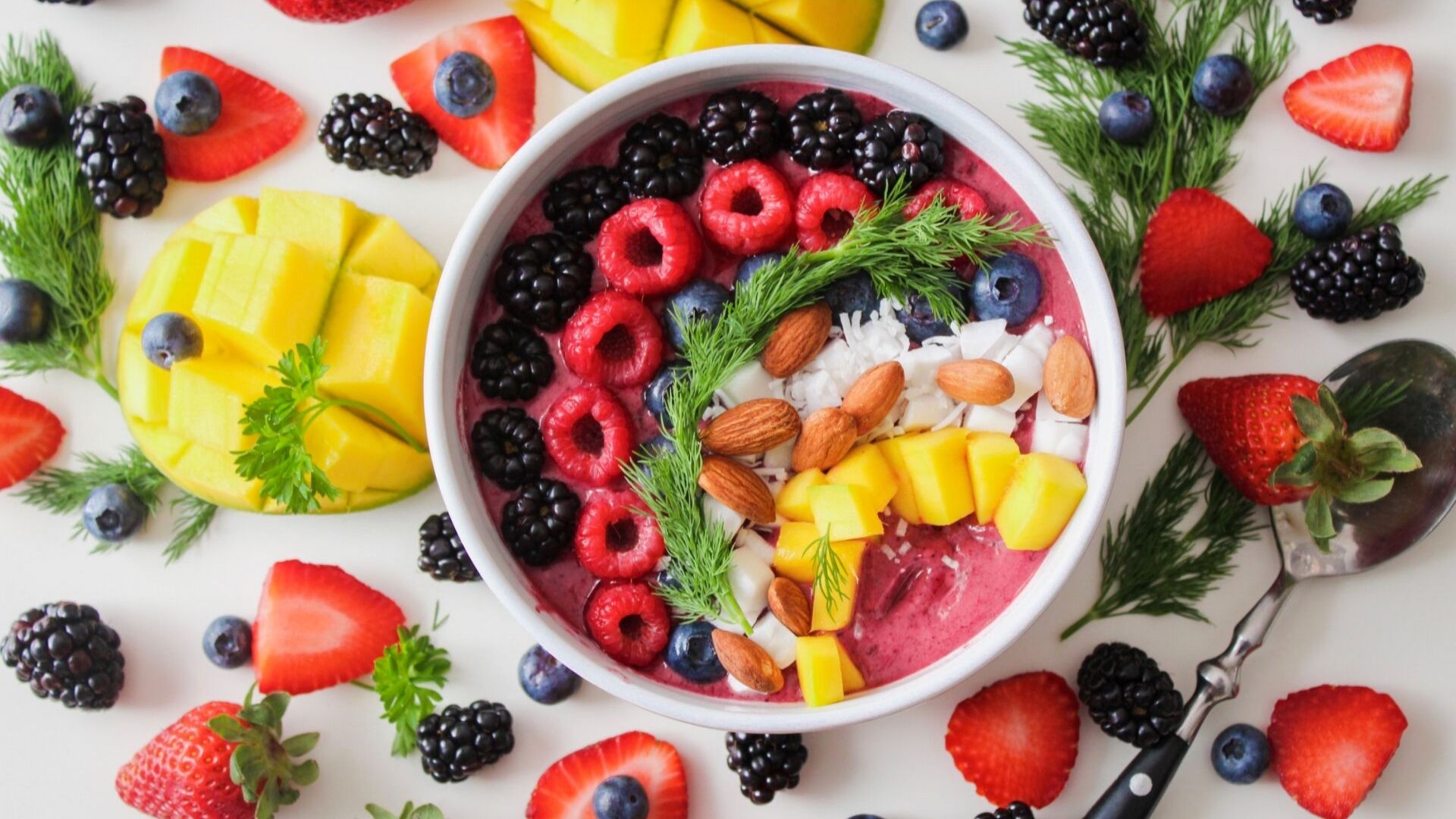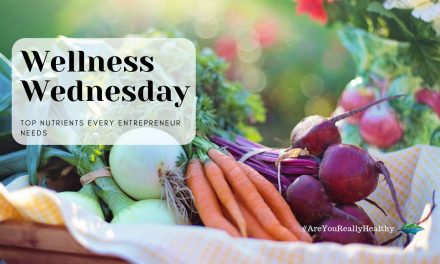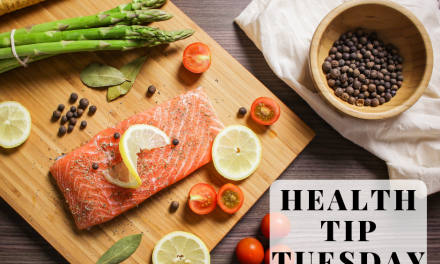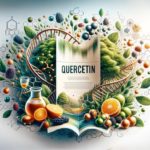Have any of you ever experienced soreness or pain? If you’ve reached your early 30’s or beyond, it’s pretty much guaranteed you have and might even have chronic pain. Unfortunately, there is no magic button you can push to make it all just disappear. However, there are some very easy things you can incorporate into your diet regularly to reduce the soreness dramatically.
My patients are always asking me if there is anything else they can do instead of taking over-the-counter (OTC) pain killers. Absolutely!! Add these foods to your daily/weekly diet and you’ll not only feel the benefit of reducing inflammation but so many more improvements in health.
5 Fantastic Foods for Reducing Inflammation
1. Turmeric
This root has been recognized by scientists to hold incredible anti-inflammatory effects due to its active ingredient, curcumin, shielding the body against oxidative stress.[1] Add it to smoothies, savory meals, and salads. Turmeric is widely available in supplement form as well. I often prescribe turmeric to my patients who need immediate relief. To get the most bang for your buck out of a turmeric supplement, look for one that contains turmeric extract as it’s curcumin content will be much higher. Curcumin is fat-soluble so you might enhance absorption if taken with fat (or a scoop of coconut oil for even more anti-inflammatory boosting effect).
2. Ginger
This root is in the same family as Turmeric. It has been used as a remedy for centuries in many Asian, Indian and Arabic cultures. Ginger is most widely known for it’s calming effect to the gut. However, it is also a potent anti-inflammatory agent, which actually inhibits the formation of inflammatory prostaglandins (one of the most significant contributors to inflammation).
3. Coconut Oil
Studies have shown coconut oil is a great NSAID (Non-steroidal-anti-inflammatory) alternative. It has proven to have anti-inflammatory, pain-killing and even fever-reducing properties.[2] Coconut oil has SO many amazing health benefits!
4. Cruciferous Vegetables
Rich in carotenoids, vitamins C, E and K, folate and minerals. These veggies not only have amazing anti-inflammatory effects but also protect cells from DNA damage, are antiviral and antibacterial and have drawn great interest from researchers studying cancer.[3]
5. Berries
These fantastic fruits contain polyphenol compounds which have great anti-inflammatory effects.[4] Added bonus, they’re also very low in sugars making them safe to consume regularly. Sugars are one of the biggest contributors to creating inflammation.
In addition to adding these foods into your diet regularly, avoiding sugar as much as possible will also help tremendously! Sugar is one of the most pro-inflammatory foods you can consume. Try to avoid it as much as possible not only to reduce soreness and pain but to improve your overall health. Also, make sure you’re getting proper nutrition after your workouts. I love having a protein shake with berries and kale or spinach within 15 to 30 minutes after my workouts. This helps reduce soreness and makes sure the body has the proper nutrition for muscle recovery.
References:
- http://www.drweil.com/drw/u/ART03001/Three-Reasons-to-Eat-Turmeric.html
- http://www.greenmedinfo.com/blog/13-evidence-based-medicinal-properties-coconut-oil
- http://www.cancer.gov/cancertopics/causes-prevention/risk-factors/diet/cruciferous-vegetables-fact-sheet
- http://www.ncbi.nlm.nih.gov/pubmed/24512603











